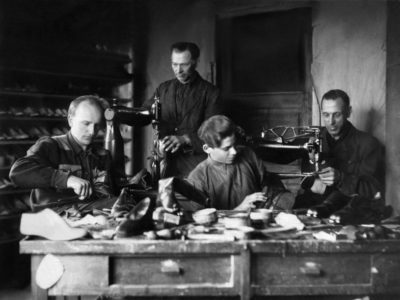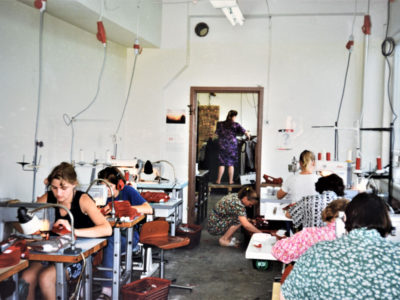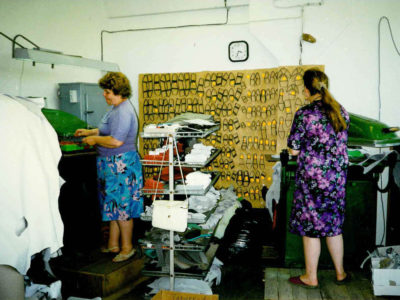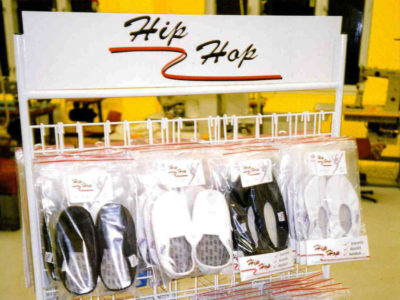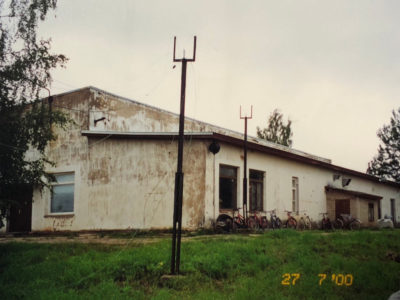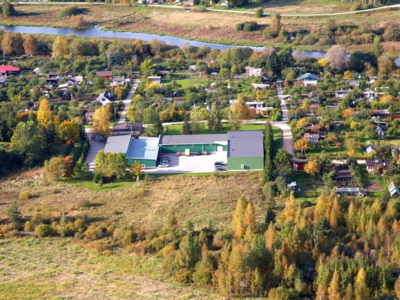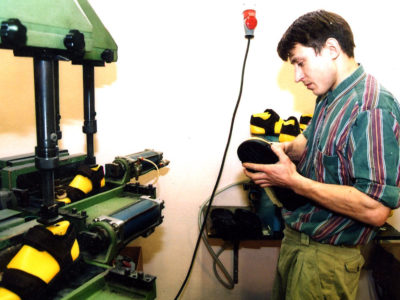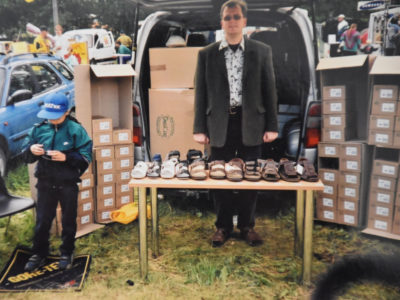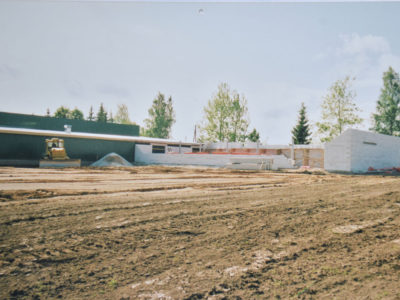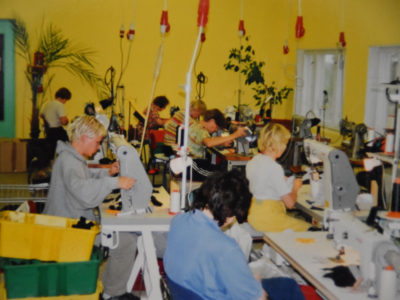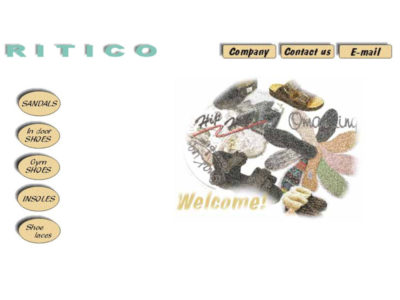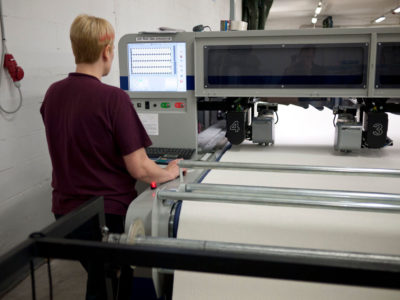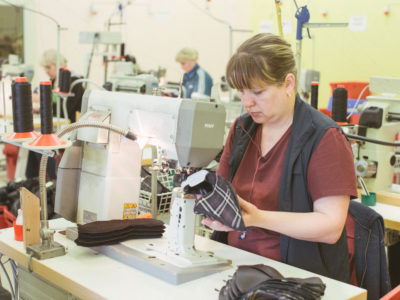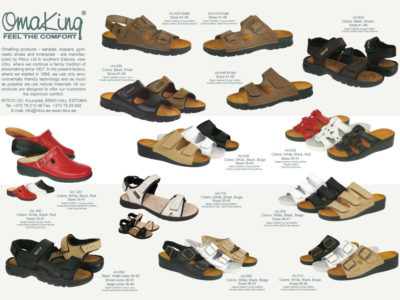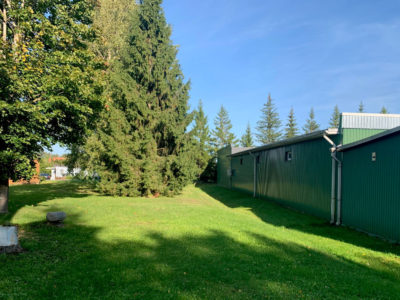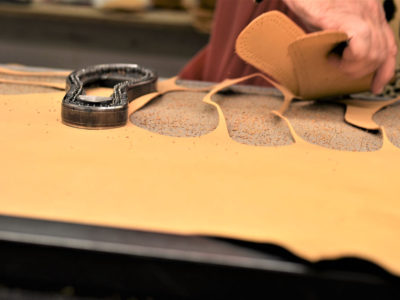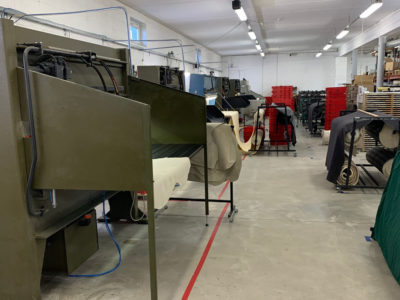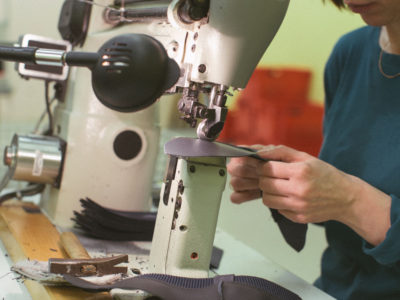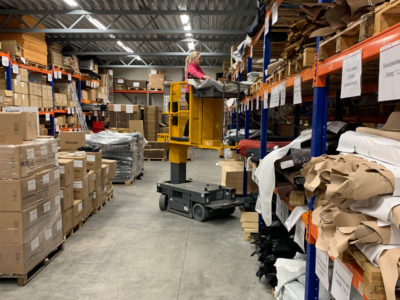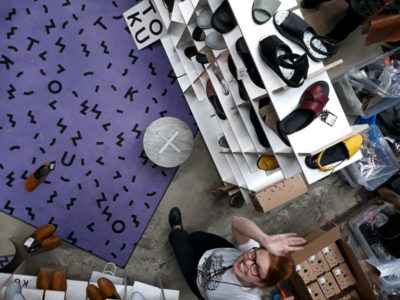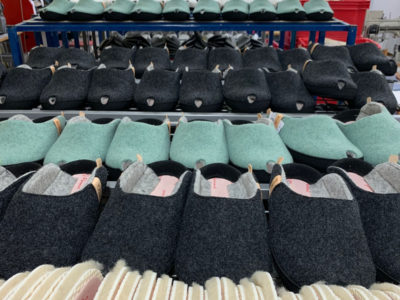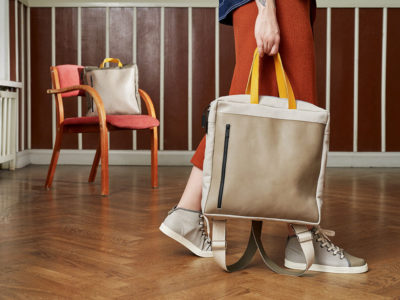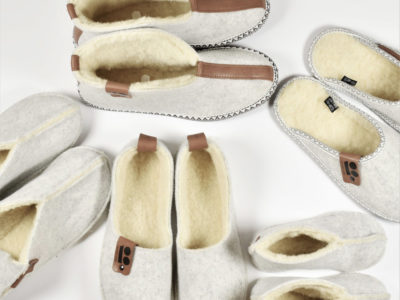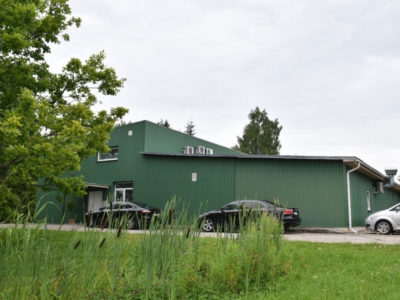Our story – Traditions since 1927
An honest, local small manufacturing, which values the Nordic footwear culture.
1927
Grandfather Peeter loved to tinker in his small workshop in the evening and dream big. Grandfather Peeter was a cobbler who provided many residents of Vastseliina with things to wear. He was a very neat and tidy shoemaker and the whole village appreciated him and his skills.
1993-1996
… Times became more difficult, but Grandfather still had a lot of work. So much so that at one point he had to hire a couple of apprentices who would help him fill the orders. Still, grandfather Peeter kept his eye on every task that was accepted.
1997-1998
… Two generations have passed, it’s 1996 and everything looks promising… Rait starts manufacturing gym slippers with the help of a couple of seamstresses and a sewing machine in the old printing house in Võru, because creating value all by yourself seemed the right thing to do. At first, there was demand for these slippers in Finland, but after a while, Estonians slowly started taking an interest in the product, although the pair of slippers seemed very expensive in the beginning.
1999-2006
… Rait is still persistent, although around him all his friends were buying and selling and trading and many of them had made a fortune, while Rait was still sewing slippers. However, it seemed that his products met good reception as they had to relocate into a bigger building. An old radio station in Kirumpää was refurbished and the product range was increased by warm slippers and insoles. Even a special sole sewing machine was imported from England to manufacture sandals.
2007-2013
To recognize the skills of our master craftsmen deservingly, we started looking for ways how to value our shoe-making skills and traditions even more. It seemed as if we ought to peek in the door of the design world as the scene seemed very exciting and a bit frightening. Fortunately, we discovered Piibe who became our dear partner and helped us bring TOKU to life. Let’s see what the future will bring …
2014-2020
In a race against the time, we launched a new official brand TOKU in June, providing clients with comfortable streetwear without cutting corners on any design aspects. Comfort and long-term experience were joined with a new and exciting look and the new chapter in the brand’s life began …


